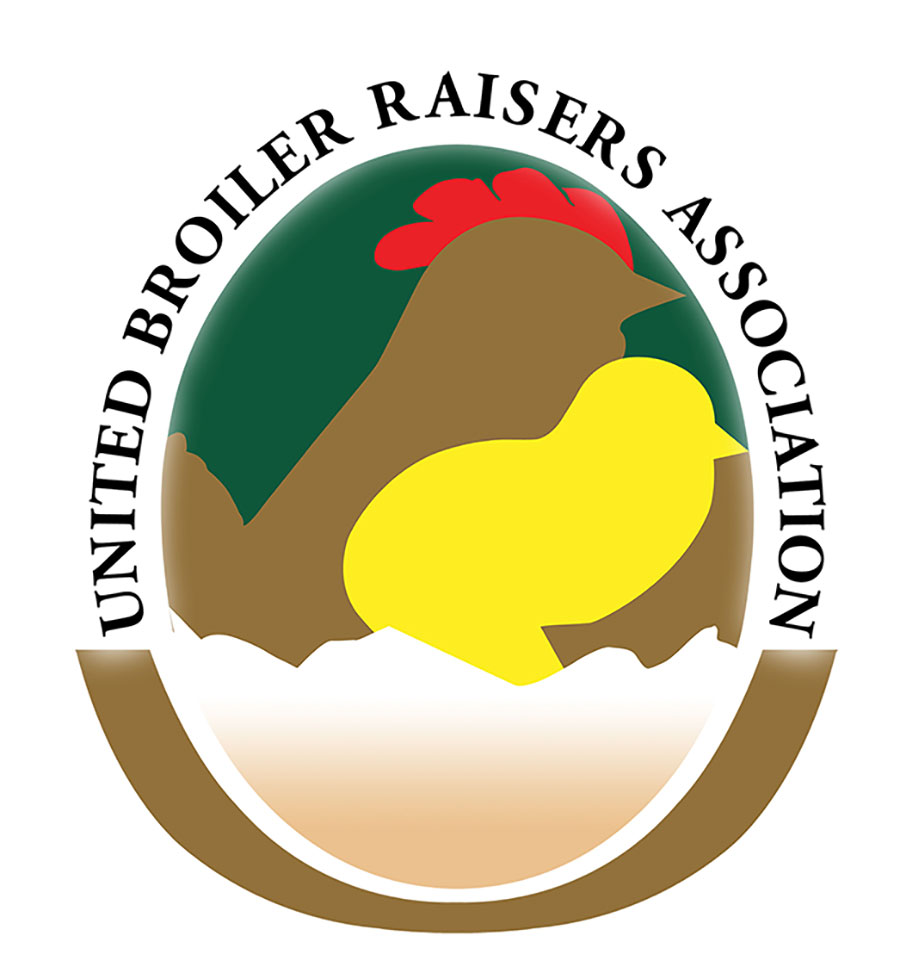The Philippine Egg Board Association is an organization of egg farmers. Starting with a core group of 12 layer raisers, it was founded in 1998. Today, the Philippine Egg Board Association is one of the country’s strongest farm organizations with the joining of egg farmers from Luzon, Visayas and Mindanao. The organization represents a combined layer population of more than 15 million birds nationwide.
It is privately funded through membership dues, donations and grants. The Association has set the following objectives:
1. To promote a spirit of cooperation among egg farms.
2. To ensure the well being and welfare of egg farms all over the country.
3. To ensure supply of quality eggs to meet consumer’s needs.
4. To improve demand for table eggs through product promotions and market developments.
5. To strike a strategic cooperation with suppliers of major inputs.
6. To represent the member associations with government and its agencies for the promotion and development of the industry.
7. To keep the members well informed and provide means through which problems and solutions, current trends and other related information can be discussed and disseminated among the members.
8. To promote and maintain the highest level of bio security in the farms via veterinary, technical and other essential services.
One of the biggest problems of the industry is the per capita egg consumption which is 98 eggs per person per year. In 1998 it was only about 42 eggs per person. It is far behind compared to the per capita consumption of other Asian countries. The Philippines ranks number 20 in Asia in terms of per capita consumption. The association sees this situation as an untapped market potential. The officers of the association will work to increase egg consumption, to double or triple the market in the next few years for the greater benefit of egg consumers and egg producers as well.
The Philippine Egg Board Association had made representations with the Department of Agriculture and successfully obtained assistance for the egg industry, to name a few;
On the problem of competition with imported eggs, no more permits to import shall be granted by the BAI without consultation with the Industry.
The most crucial time for the industry was in 1999-2000 when it experienced a negative growth. This was due to the sad fact that egg price was below production cost. This coincided with the escalation of feed costs, which resulted to the closing of about 30% of the backyard egg producers.



